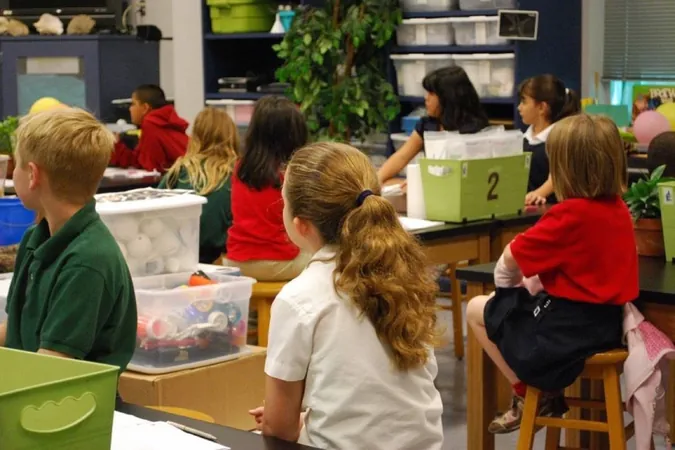
Alarming Decline in Youth Mental Health on Southern Vancouver Island Revealed by New Survey
2024-10-03
Overview of the Survey Results
A recent survey by the McCreary Centre Society has unveiled concerning trends in the mental health of youths on southern Vancouver Island. The findings were part of the 2023 B.C. Adolescent Health Survey, which evaluated the health and well-being of students in grades 7 through 12 across the region.
Decline in Mental Health Ratings
Although the majority of young individuals rated their overall health and mental well-being positively, the statistics indicate a significant downturn over the past decade. Only 58% of youth described their mental health as good or excellent this year, a stark decline from 71% in 2018 and 80% in 2013.
Rise in Anxiety Disorders
The survey also highlighted an alarming rise in anxiety disorders, with more than a quarter of participants disclosing such a condition. This figure surpasses both the provincial average and local rates observed five years ago, which were both 22%.
Impact on Daily Activities
The impact of anxiety is evident, as one in five youths reported avoiding extracurricular activities due to overwhelming nervousness.
Executive Director's Remarks
Annie Smith, the executive director of McCreary, emphasized the survey's importance as the first since the COVID-19 pandemic, drawing attention to its profound effects on many young lives.
"Throughout the province, we've noted a concerning decrease in positive mental health reports among youth, coupled with an uptick in those who are struggling," Smith stated. "It’s particularly troubling to see that a quarter of students missed school in the past month due to mental health issues."
Supportive Adults as a Protective Factor
On a slightly encouraging note, the survey also revealed that a majority of youths reported having supportive adults in their lives to confide in during challenging times.
About 75% of respondents indicated they could turn to an adult within their family—a rise from 71% in 2018—and 37% had access to someone outside their family for support, up from 31% in the previous survey.
"The presence of supportive adults is a critical protective factor for young people," Smith remarked. "It’s heartening to see that most youths have at least one adult they can rely on during a crisis. Moreover, many have someone to assist with important transitions, like accessing services, preparing for college, or entering the workforce."
About the Survey
The 2023 B.C. AHS surveyed approximately 38,500 youths aged 12-19 across 59 of British Columbia's 60 school districts. The survey was designed with input from young people, parents, and experts in youth health, making its findings representative of 98% of students in mainstream public schools across the province.
Call to Action
Given these alarming trends, it's essential for communities and policymakers to take immediate action to enhance mental health resources and support systems for youth, ensuring that every young person has the opportunity to thrive. As mental health becomes an increasingly critical issue, will authorities respond quickly enough to reverse these disheartening statistics?









 Brasil (PT)
Brasil (PT)
 Canada (EN)
Canada (EN)
 Chile (ES)
Chile (ES)
 España (ES)
España (ES)
 France (FR)
France (FR)
 Hong Kong (EN)
Hong Kong (EN)
 Italia (IT)
Italia (IT)
 日本 (JA)
日本 (JA)
 Magyarország (HU)
Magyarország (HU)
 Norge (NO)
Norge (NO)
 Polska (PL)
Polska (PL)
 Schweiz (DE)
Schweiz (DE)
 Singapore (EN)
Singapore (EN)
 Sverige (SV)
Sverige (SV)
 Suomi (FI)
Suomi (FI)
 Türkiye (TR)
Türkiye (TR)